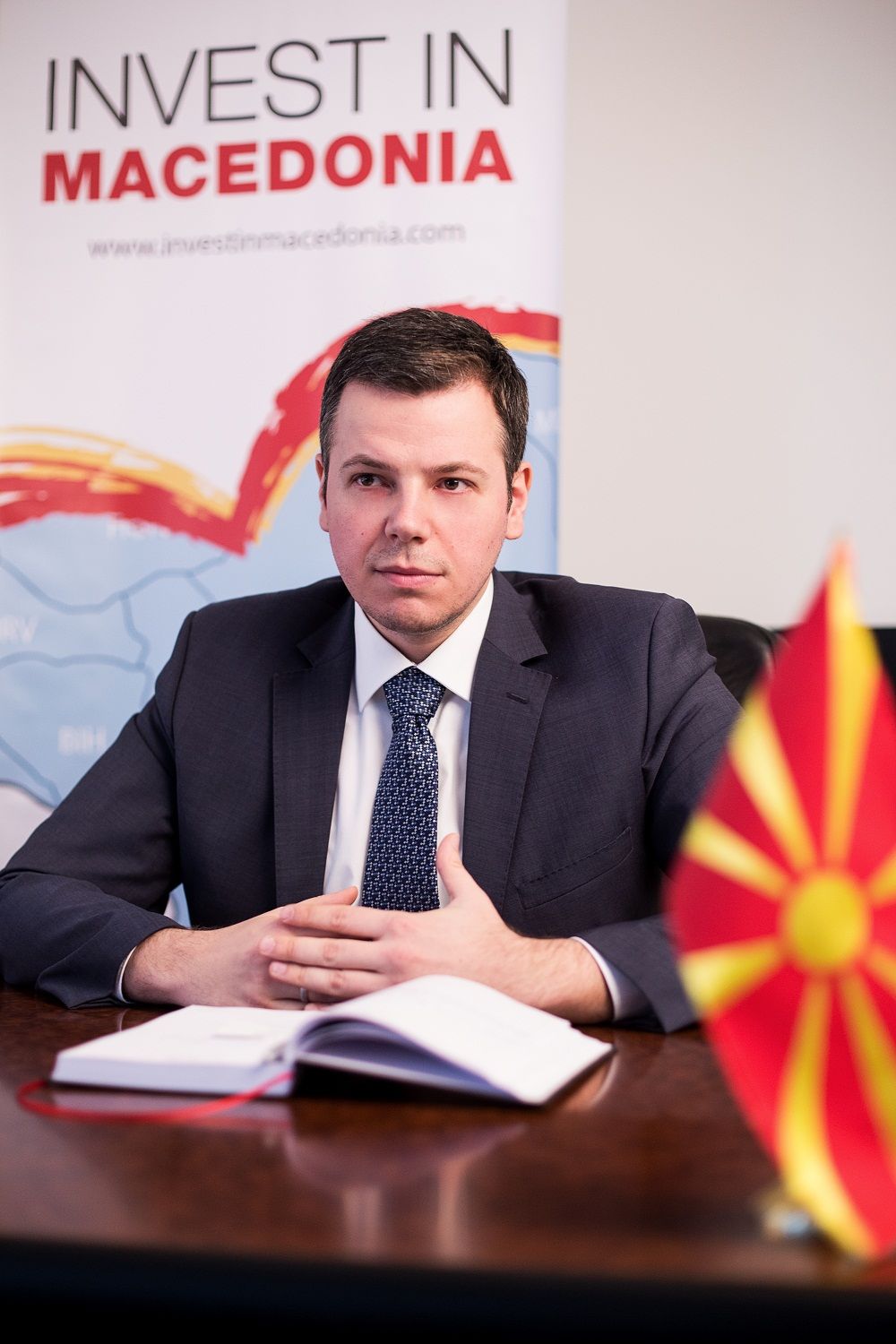The Danish and Macedonian governments recently committed to encouraging trade between the two countries in the form of a bilateral investment treaty, which was signed in May and is expected to be ratified in the coming weeks.
It is now up to companies to make this a reality. And according to Invest Macedonia, the Macedonian agency for foreign investments and export promotion, there is every reason for them to do so.
Win-win situation
Mirjana Naumoska, the head of Invest Macedonia’s office for Denmark and Sweden, considers co-operation between the countries to be a win-win situation.
“There are many areas where Danish and Macedonian companies can find a mutual interest,” she said.
“In production and trade we already co-operate in the textile industry, ICT and agribusiness – particularly food and beverages and the wine industry. Other potential areas are automotive, real estate, machinery, pharmaceuticals, medicine, and even the film industry. Furthermore there are Danish companies already present on the Macedonian market like COWI, Novo Nordisk, Jysk, Vedel IT and others.”
Rigorous reforms
According to Kliment Sekerovski, the deputy CEO of Invest Macedonia, the fact that companies such as these look favourably on the country as a place to do business is the result of a comprehensive strategy of reforms in recent years.
“This has resulted in a significant improvement of the business climate and investment conditions, confirmed by the official reports of many reputable international financial institutions and organisations,” he said.
“In the World Bank’s 2015 Doing Business Report, the Republic of Macedonia is ranked 30th out of 189 countries, leaving behind all the other countries from southeastern Europe.”
The price is right
While Macedonia is hungry for foreign investment to grow its economy, Danish companies are looking for ways to cut costs and stay competitive in the evermore challenging European arena.
Macedonia applied to join the EU in 2004, and in 2005 it was granted candidate-country status. It already enjoys some of the benefits of European integration – there is free trade with the EU and the European Free Trade Association and visa-free travel for its citizens in the Schengen Zone – while offering goods and services in a completely different price class and the lowest business operating costs in Europe.
In the recent 2014-15 European Cities and Regions of the Future awards, it was represented in top spot in the most cost-effective region category by Ohrid-Struga, and by Skopje, the capital, as the most cost-effective small city.
Fiscally, the headline figures of doing business in Macedonia are also eye-catching. Both the corporation tax and the income tax rates are 10 percent and there is a zero tax rate on retained earnings.
Foreigner-friendly
Naumoska explained this has already attracted Danish companies to outsource to the country.
“The ICT industry and the textile industry are most known for outsourcing among Danish companies,” she said.
“The Macedonian government is investing in promoting the country as a destination where foreign companies can bring their businesses, so this is a great opportunity for the Danish small and medium-sized companies to look as a new destination for production and doing business in general.”















